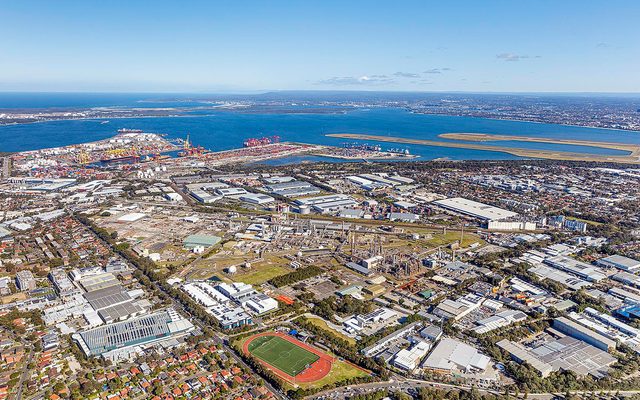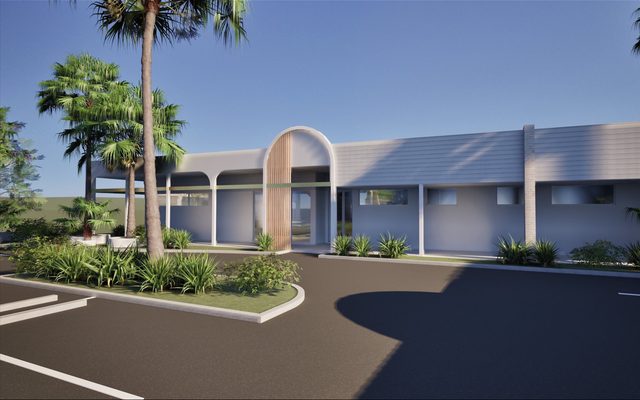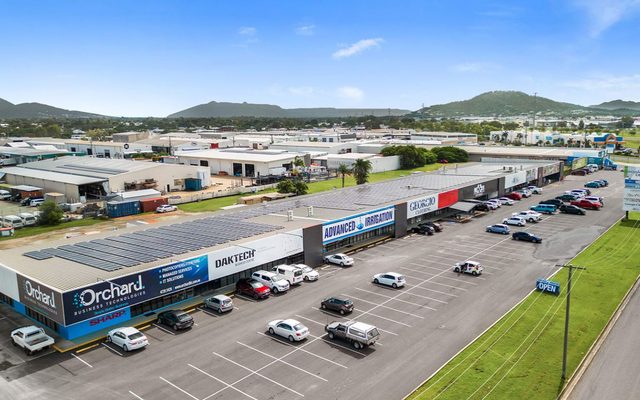This article is from the Australian Property Journal archive
STOCKLAND has taken another hit on pricing as it forges through its $1 billion non-core retail asset divestment program, selling the Cammeray Square in Sydney’s lower north shore at a discount to what it paid for the centre in 2007.
Fortius has acquired the fully leased Cammeray Square for $39.05 million reflecting a yield of 7.0%. While above the book value of $38 million, Stockland paid about $42 million for the asset before the GFC hit.
Cammeray Square services one million customers each year. Set over a 6,815 sqm corner site fronting Miller St and Amherst St, the centre forms part of a mixed use development comprising four buildings surrounding a central plaza. Retail tenancies are situated on the ground floor, anchored by Harris Farm Markets and comprising 15 specialty shops and restaurants.
The upper levels are occupied by five commercial tenancies, including childcare operator, Only About Children, and a medical offering. The centre has a weighted average lease expiry of 5.8 years by area.
Cushman & Wakefield’s Nick Potter and Billy Dent managed the expressions of interest sale.
Neighbourhood centres were the most traded of all retail assets during the September quarter, according to Cushman & Wakefield, with 14 deals equating to $565 million in assets being sold during the quarter with an average initial yield of 6.58%.
“The acquisition of Cammeray Square is consistent with the firm’s investment strategy of acquiring well located inner urban retail and mixed use assets underpinned by diverse income streams that are supported by strong and growing catchments,” chief executive officer and executive director of Fortius Funds Management, Sam Sproats said.
“In an evolving retail landscape, retail requires continued reinvention to appeal to and maintain customer interest and loyalty. At Cammeray Square, we see key opportunities to improve the customer experience through ambience, repositioning and accessibility initiatives that strengthens the tenancy mix and enhances the offering to the local community and broader retail market.”
Potter said neighbourhood shopping centres like Cammeray Square with a populous inner-city location, and a strong weighting towards defensive, convenience and serviced based occupiers are still experiencing strong demand despite a softer retail environment.
“We continue to see the trend towards neighbourhood centres integrating with strata mixed-use developments. This has helped underpin strong investor interest in these centres in New South Wales and across the east coast, and liquidity is expected to continue.”
Stockland is about halfway through its retail asset selldown. Harsh trading conditions have punched a $474 million hole in its retail portfolio value, and the group has been active in boosting its logistics portfolio, most recently picking up two logistics assets in Brisbane with a total end value of $140 million.
Looking to reweight its portfolio towards the buoyant logistics and industrial sector, this transaction comes after Stockland’s sale of the Jesmond shopping centre in Newcastle for $118 million, below its book value of $130 million and well under the $165 million book value two years ago.
While Stockland has moved ahead with its divestment program, tough retail conditions and a saturation of properties on the market prompted Vicinity Centres to abandon plans to divest 12 non-core assets, as well as establishment of a wholesale fund with Keppel Capital.
Vicinity’s annual net profit slumped from $1.22 billion to $346.1 million, and it saw a $237.1 million drop in property portfolio value. It had sold off 12 assets for $670 million at a 3.9% discount to total book value in the past 12 months.
Charter Hall Retail REIT has remained an active player on the buy and sell sides along its own optimisation path. Last month, the trust spent $281 million on 20% stakes in the Pacific Square and Bass Hill Plaza shopping centres, soon after divesting lower growth assets, Coomera Square and a freestanding Woolworths asset at Young, for a combined $76.1 million.
The trust said it has also contracted to divest a further three regional assets for over $60 million.




